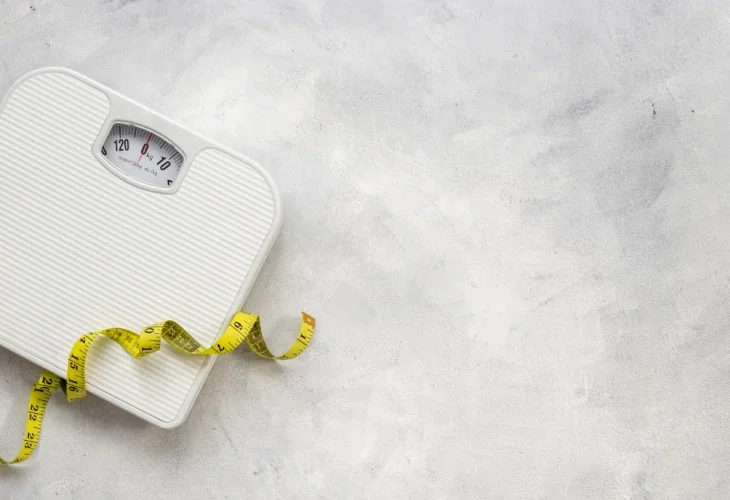Health and Nutrition
How to Lose Weight After 40: What Really Works and Why It's Different
Why weight loss is harder after 40, and science-backed strategies to boost metabolism, build strength, and feel your best

Many women and men entering their 40s find that weight loss becomes a lot more challenging. What worked in the past no longer delivers the same results — diets feel less effective, and the body responds differently to exercise. This shift is no coincidence. The body undergoes hormonal and physiological changes, and lifestyle habits evolve along with them.
Why It’s Harder to Lose Weight After 40
1. Hormonal Changes
Hormonal fluctuations are a major factor behind the slowdown in metabolism. In women, declining estrogen levels disrupt metabolic balance, often leading to fat accumulation around the belly. In men, lower testosterone levels can result in muscle loss, which further reduces calorie burn.
2. Loss of Muscle Mass
With age, there’s a natural decrease in muscle mass. Since muscle burns more calories at rest than fat, this leads to a lower metabolic rate, making it harder to lose weight.
3. Poorer Sleep
Sleep quality often declines with age, due to hormonal shifts or life stress, and this directly impacts hunger hormones like ghrelin and leptin, increasing appetite and reducing feelings of fullness.
4. Lifestyle Pressures
Career demands, family responsibilities, and a packed schedule often leave little time for regular exercise or meal planning. As a result, people tend to eat on the go, skip meals, or rely on quick, less healthy food choices.
How Can You Lose Weight After 40 — Safely and Effectively?
While your metabolism may be slower, it’s still possible to support your body and lose weight in a healthy, sustainable way.
Focus on Balanced Nutrition
Build your meals around high-quality protein (to support muscle mass), plenty of vegetables, and healthy fats. These foods not only nourish your body but also help stabilize hormones and increase satiety.
Practice Mindful Eating
Listen to your body’s hunger and fullness cues. Avoid emotional or distracted eating by creating calm, intentional eating habits.
Exercise Smart, Not Just Hard
Strength training is key to preserving muscle and revving up metabolism. Combine it with moderate aerobic exercise such as walking, swimming, or yoga, for cardiovascular and overall health. You don’t need intense workouts; consistency matters more than intensity.
Improve Sleep Hygiene
Prioritize 7–8 hours of sleep each night. Limit screen time before bed, stick to a regular sleep schedule, and consider relaxing herbal teas to help wind down. Better sleep helps regulate appetite and supports metabolic function.
Manage Stress Effectively
Chronic stress elevates cortisol levels, which promotes fat storage and emotional eating. Make time for relaxing activities like reading, journaling, meditating, or simply spending time in nature. Reducing stress can improve your overall health and help control cravings.
It's Not Impossible — Just Different
Weight loss after 40 may require a different approach than it did in your 20s or 30s, but it’s far from impossible. Small, consistent changes to your diet, exercise routine, sleep, and stress levels can lead to real, lasting results. The key is to find sustainable habits that fit your lifestyle and to focus on progress, not perfection.

